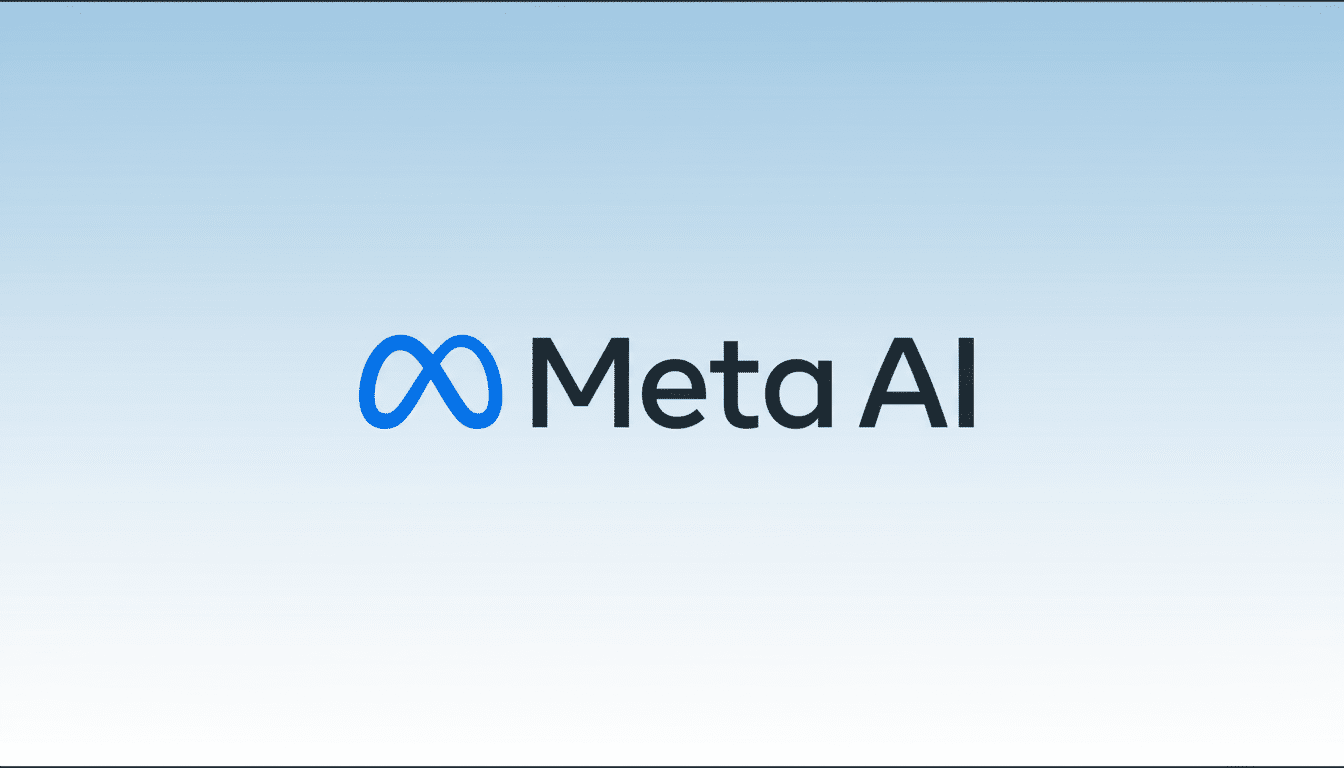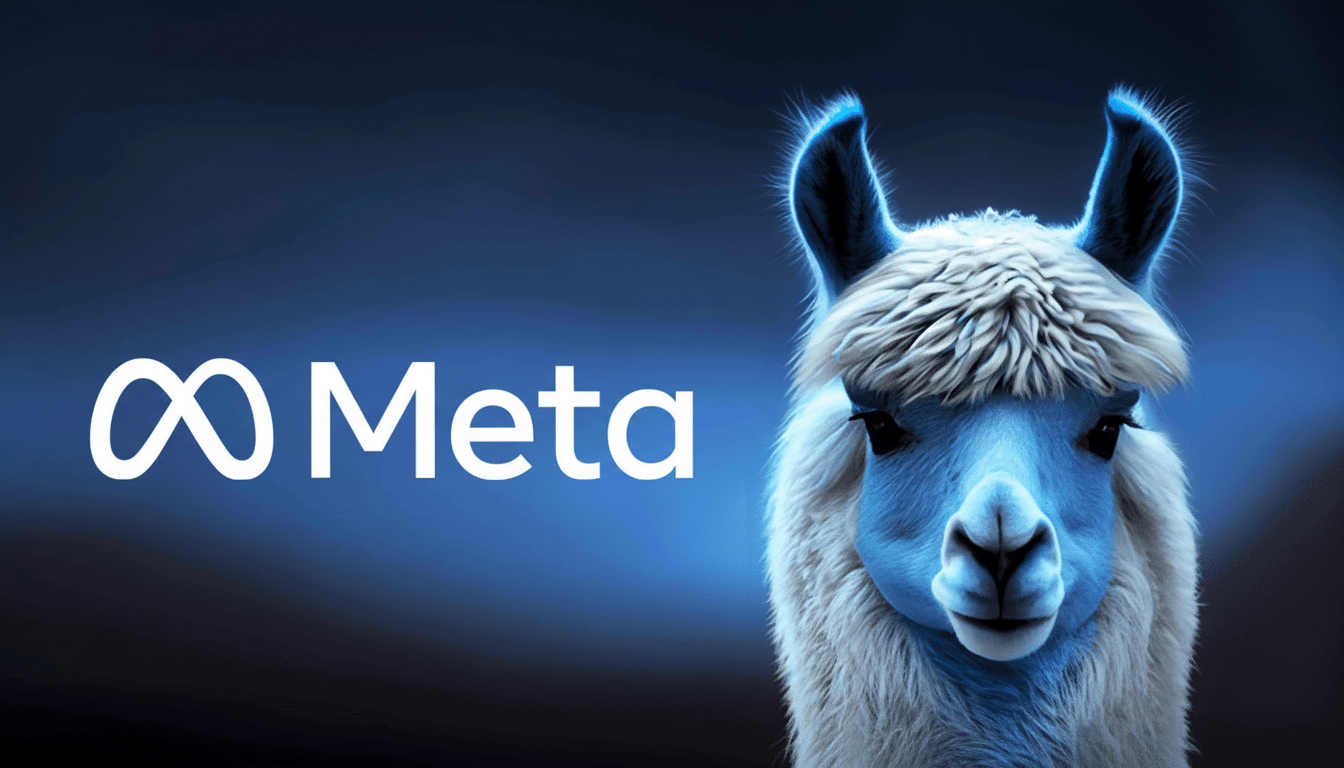Yann LeCun, the prominent scientist who played a key role designing Meta’s AI research approach, is planning to leave the company and launch his own startup focused on “world models,” according to reporting attributed to the Financial Times. If completed, the move would be a turning point for Meta’s ambitions in AI while it scrambles against rivals and absorbs recent cuts that affected about 600 positions in segments of its AI organization.
LeCun, an A.M. Turing Award winner from the Association for Computing Machinery, is generally recognized for pioneering work in deep learning and promoting open research within Big Tech. The report says he’s already in the process of raising capital for the new venture, a hint that the exit could happen within months.

Why LeCun Is Key to Meta’s Evolving AI Strategy
LeCun is among the most visible faces behind Meta’s push into foundational AI since he first joined the company’s research arm more than a decade ago, from computer vision and representation learning to making large language models freely available. He has often spoken out for open science and transparency, a position that contributed to the rise of Meta’s Llama suite as one of the frontrunning open model options for developers and organizations.
LeCun’s public stances have often run counter to the dominant tech narrative. He has derided fanciful “AI doom” scenarios and focused on the project of constructing systems that are robust in their ability to learn from the world — a project that is at the heart of his advocacy for models of the world, such as Joint Embedding Predictive Architectures. An exit would call into question whether Meta doubles down on productized AI or maintains its historical mix of open research and applied development.
The Bet on World Models and Their Promise, Truly
World models are AI algorithms that learn an internal representation of their environment so they can try out a range of actions without messing up the actual world, simulate what happens, and predict the events to come. As TechCrunch explains, the end goal is better reasoning and planning than deducing from patterns alone. Instead of knowing the responses to prompts, an agent would be able to predict outcomes and compare strategies while acting more consistently across a richer set of situations.
The approach has gained traction throughout the field. Google DeepMind has issued ambitious papers on model-based reinforcement learning and planning; Nvidia has released research and tools for simulation-centered training; and younger shops like the World Lab have entered the fray. If LeCun’s startup focuses on this paradigm, it might look to address some of the gaps that commodity LLMs currently suffer from, such as long-horizon reasoning, grounded understanding, and efficient learning from interaction.

What This Means For Meta and the AI Talent Market
The reported departure arrives as Meta increasingly weaves AI into its products and grapples with increasing competition from OpenAI, Google, and Anthropic. On earnings calls, Meta has telegraphed multibillion-dollar AI infrastructure investments over the course of multiyear investments in the years to come, and it continues shipping consumer-facing features whose intelligence lives inside its own models. The leadership change could shift priorities toward getting products out faster — or, alternatively, bring fresh emphasis on the type of long-horizon research that LeCun advocated so Meta stays at the forefront.
Across the industry, the move highlights what has become a familiar cycle: top AI scholars leaving Big Tech to create concentrated businesses. In recent years, well-funded startups led by high-profile founders have raised large sums of capital — and a few have swiftly remade the competitive dynamics in the space. The move toward world models implies that investors believe there’s more room for innovation than is currently covered in LLM-heavy roadmap slides.
What to Watch Next as LeCun’s Plans Move Forward
The questions now are when, how much, and in what form:
- Will LeCun (assuming he was actually offered the role, of course) be incentivized as a full-time founder?
- Or is it an advisory-only relationship with Meta?
- How will the new company work its way around intellectual property boundaries after years of research on a major platform?
- And, crucially, can a startup deliver technology that scales well and outperforms today’s frontiers on reasoning (as measured by safety and cost)?
According to the account in the Financial Times, fundraising is underway — an indication that investors are still hungry despite consolidation among bigger players. If the venture can turn decades of research into real, demonstrable returns, it could help hasten our retreat from text-prediction to a more fully model-based approach to intelligence. For Meta, the result will determine not only research continuity, but also the optics of its dedication to open, foundational science at a moment in which AI strategies are being rewritten on the fly.

